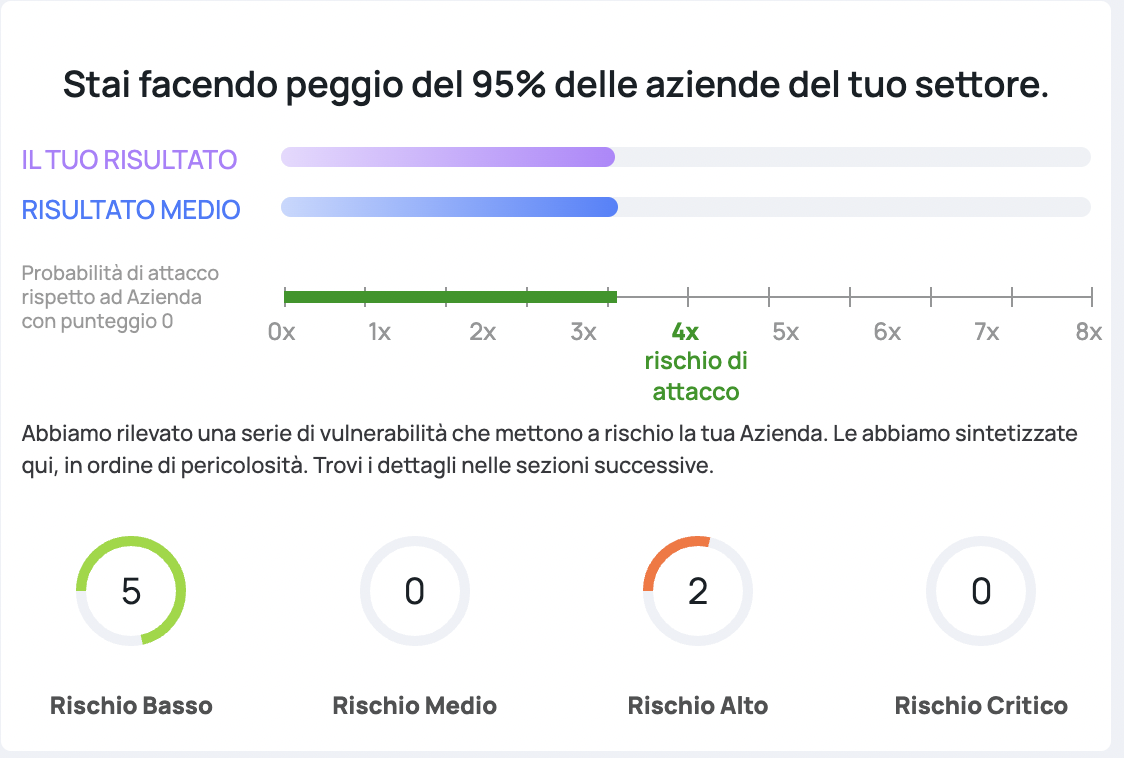- Home
- Platform
The Cyber Security platform
Discover the Cyberangels platform
Technology
How our product works
Security Scanner
Check your domain and personal information
Hacker Control
If you suspect that you are a victim of the Dark Web
- Services
Talk to an Angel
Our active security experts for you
Cyber Risk Insurance
Against economic damage resulting from cyber attacks
Safety training
IT security training
Contact us
Want to know more? Write to the Cyberangels team
- Prices
- About Us
About Us
Mission and team
Sustainability
We contribute 0.5% of our revenue to carbon removal
Work with us
Become an Angel and help users
- Blog
 EN
EN





